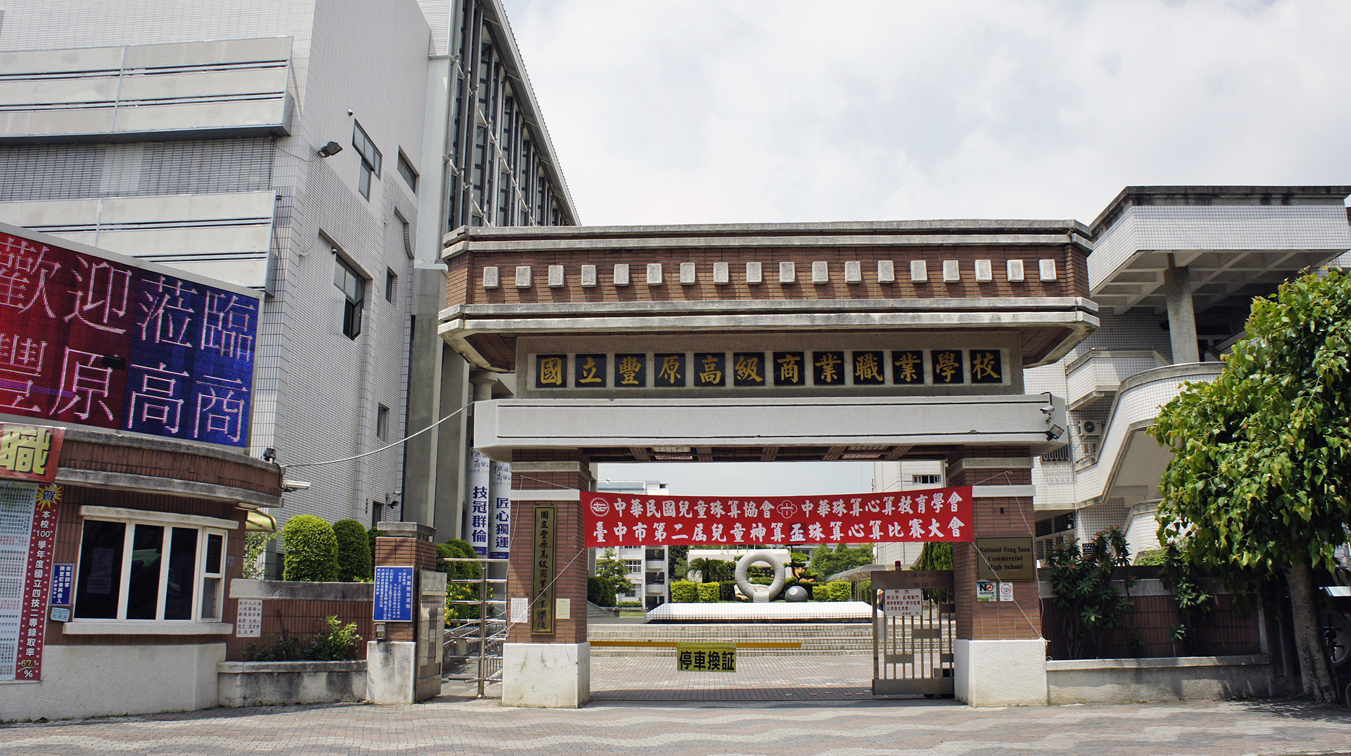by Brian Hioe
語言:
English
Photo Credit: Suzuki1314/WikiCommons/Public Domain
AN INVESTIGATION BY the Feng Yuan Senior High School found staff at the school bullied a student, leading to his suicide.
This contradicts a previous investigation by the school, which did not find that staff had bullied the student. The Taichung Education Bureau had rejected previous reports, moving to suspend director of student affairs Chang Ching-hsiang for one year. After the new investigation, the Taichung Education Bureau lengthened the suspension by another year.
Safety instructors involved in the incident had since resigned, while an involved military instructor was removed. The student in question was subject to frequent searches by school officials or accused of wrongdoing. This occurred for months. The father of the student has said that he is considering legal options.
The incident points to the broader issue of bullying in Taiwanese schools–as well as how bullying is sometimes carried out by teachers themselves. There have been many such incidents in recent years, some of which touch upon or involve corporal punishment.
Corporal punishment remains widespread in Taiwanese schools, with survey data from 2019 showing that 70% of junior high school students had experienced corporal punishment. A 2022 incident in which a seven-year-old student practicing judo died from a brain hemorrhage after being body-slammed a total of 27 times by his instructor and other students, making international headlines, likely proves to be the most high-profile injury or death caused by corporal punishment in recent years. The teacher continued to body slam the student ten times even after he vomited and lost consciousness. Though an ambulance was called, he was already bleeding from the brain, and died seventy days later.
The instructor in question believed that the student was lying to him about being sick and unable to participate in practice that day, as well as that he was being disrespected. This seems to be a similar motivating cause to other cases involving students bullied or punished by teachers. Likewise, an aspect of public humiliation is often part of punishments. This occurs even when very young students are those being punished.
 Photo credit: Fcuk1203/WikiCommons/CC BY-SA 3.0
Photo credit: Fcuk1203/WikiCommons/CC BY-SA 3.0
For example, in September 2022, an elementary school student was awarded 30,000 NT in compensation by the Shilin District Court. Namely, their teacher punished their failure to turn in a test, skipping a temperature check, and failing to turn in a lesson that they were supposed to copy three times by ordering that they climb up and down five flights of stairs for a total of ten times. They were to be watched by their classmates while they did this.
The student’s parents originally sought 200,000 NT in compensation from the state, on the grounds that this violated their child’s rights to “bodily autonomy and rights to health and freedom.” The school sought to defend this as an appropriate and suitable act of punishment, but was overruled, as this punishment also went against the school’s own guidelines.
Punishments seem to most frequently take place regarding perceived infractions. For example, a September 2022 investigation by the Control Yuan found a school in Yunlin to be punishing students over a dress code, some students were subject to corporal punishment daily. This occurred despite the fact that the dress code in itself already violated laws.
Educators who seek to punish students sometimes hone in on individual students, even if this leads to detrimental effects on their mental and physical health, such as leading to acts of self-harm. One notes that among the educators involved in bullying at the Feng Yuan Senior High School were military instructors, which has also been the case with some of the other incidents.
This perhaps gestures to how issues regarding bullying or corporal punishment sometimes return to the authoritarian legacy of education in Taiwan. Education was a means of social control, leading to the targeting of students who acted or thought differently than their peers, or were otherwise seen as disrespecting school authorities in some ways. Apart from that this system of social control hoped to keep students monitoring each other, educators were empowered to punish students who break from perceived norms in order to root out political, social, and cultural dissidence. Even in democratic times, the fact that there continue to be such incidents of students bullied by their teachers serves to demonstrate how there is still a need for reform of the educational system in Taiwan.

